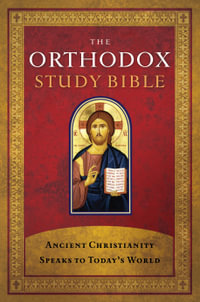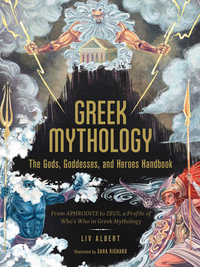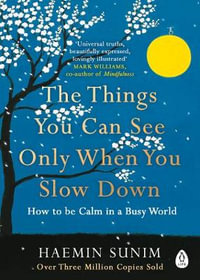Buddhism in Mongolian History, Culture, and Society explores the unique elements of Mongolian Buddhism while challenging its stereotyped image as a mere replica of Tibetan Buddhism. Vesna A. Wallace brings together an interdisciplinary group of leading scholars to explore the interaction between the Mongolian indigenous culture and Buddhism, the features that Buddhism acquired through its adaptation to the Mongolian cultural sphere, and the ways Mongols have constructed their Buddhist identity. The contributors explore the ways that Buddhism retained unique Mongolian features through Qing and Mongol support, and bring to light the ways in which Mongolian Buddhists saw Buddhism as inseparable from "Mongolness." They show that by being greatly supported by Mongol and Qing empires, suppressed by the communist governments, and experiencing revitalization facilitated by democratization and the challenges posed by modernity, Buddhism underwent a series of transformations while
retaining unique Mongolian features.
The book covers historical events, social and political conditions, and influential personages in Mongolian Buddhism from the sixteenth century to the present, and addresses the artistic and literary expressions of Mongolian Buddhism and various Mongolian Buddhist practices and beliefs.
Industry Reviews
"This volume offers a thoughtful insight into current scholarship on Mongolian Buddhism. It is presented as a variable, non-unified, but yet specific form of Buddhism, which developed in close interaction with indigenous religion and culture." -- Jana ValtrovÃ! (Masaryk University), Religious Studies Review Vol. 44.1
"This volume offers a thoughtful insight into current scholarship on Mongolian Buddhism. It is presented as a variable, non-unified, but yet specific form of Buddhism, which developed in close interaction with indigenous religion and culture." -- Jana Valtrova (Masaryk University), Religious Studies Review Vol.44
"This volume provides readers with important evidence and ideas for understanding well the historical, cultural, and social context of Buddhism in the Mongolian world. Without a doubt, as a whole, this is an innovative and progressive work on the subject."--Khohchahar E. Chuluu, H-Net
"Buddhism in Mongolian History, Culture and Society is the most comprehensive edited volume detailing research on Mongolian Buddhism to date....The range of the book is impressive, especially as it relates to the heterogeneous histories of Mongolian Buddhism."--Inner Asia
"With the revival of Mongol Buddhism following the fall of the Soviet Union, conditions for the study of Mongol Buddhist traditions improved dramatically. Buddhism in Mongolian History, Culture, and Society well represents the new scholarship that this has enabled. The fifteen carefully prepared essays published here shed welcome new light on many aspects of Mongolian Buddhism that have been previously neglected." --Matthew Kapstein, Director of
Tibetan Studies, École Pratique des Hautes Études, Paris
"In sum, this book is an important read for everyone interested in Mongolian studies in relation to history and religious studies." --Religious Studies Review





![NRSV Catholic Bible Gift Edition [White] : Holy Bible - Thomas Nelson](https://www.booktopia.com.au/covers/200/9780785230380/2211/nrsv-catholic-bible-gift-edition-white-.jpg)
















![When Things Fall Apart : Heart Advice For Difficult Times [Thorsons Classics edition] - Pema Chodron](https://www.booktopia.com.au/covers/200/9780007183517/5907/when-things-fall-apart.jpg)


